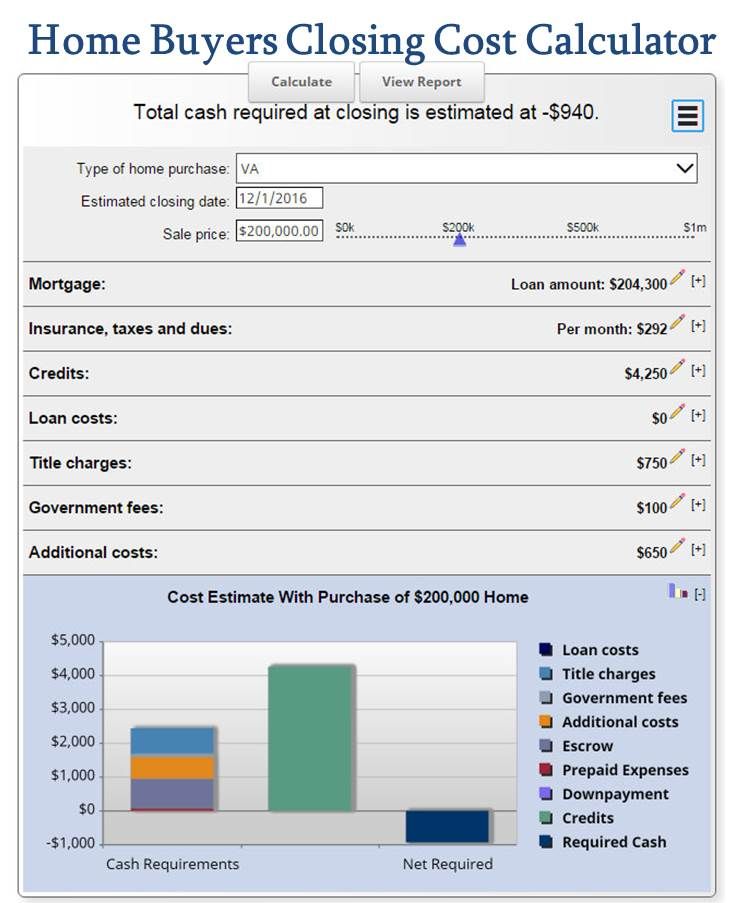
Real estate commission louisiana governs all real estate professionals working in Louisiana. This state agency deals with real estate licensing requests, monitors compliance to continuing education requirements, penalizes violating Louisiana laws, and handles agents' penalties.
To become a Louisiana real estate agent, you must complete several hours of training and pass the licensing exam. In addition, you must pay a fee to the state and pass a background check before you can start working as a real estate agent.
How to get a real estate license in Louisiana
To become a licensed agent, you must first complete a 90-hour course. Find a list on the Louisiana Real Estate Commission site of approved courses. After you have completed the course you will need to submit the Salesperson License Part A along with your pre-licensing certification of completion and the required fees to LREC. LREC then sends you a candidate authorisation to take the test.

How to Become a Real Estate Broker in Louisiana
To become a broker, you need to have at least four years of experience as a salesperson before applying for your broker's license. During this time, you should "attach" to an experienced broker who can guide you through the learning process. You can also work for a real estate firm while you're still getting your broker's license.
Louisiana has two different types of real-estate brokers: brokerage firms, and individual licensees. There are two types: brokerage firms and individual license holders.
Brokerage firms generally have larger profit margins, and are able to offer better compensation packages compared to individual licensees. It may not always be so in all situations.
Louisiana has a 2.72% average commission for real estate agents, though this can differ greatly between agents. You can save some money by negotiating a lower rate of commission with your broker when you sell a home.

How to Become a Realtor in Louisiana
To become a Louisiana real estate broker, you need to be affiliated with a firm that is more qualified than the broker who you want to become. It is like an apprenticeship. A broker will guide you through the various regulatory, operating, and marketing tasks that come with being a realtor.
You can learn how to become a real estate broker by taking a course at a college or community college, or through an online program. These programs will cover the basics of being a real estate broker and prepare you to pass the state licensing exam.
How to Become REALTORS in Louisiana
If you have earned your realty license, it is important to update it every year by completing 45 hours in continuing education. Louisiana is a state that requires this. To meet the requirement, you should find an organization offering these courses. CE Shop for Louisiana is the best choice, as it offers a free trial and great pricing.
FAQ
Should I use a mortgage broker?
A mortgage broker may be able to help you get a lower rate. Brokers work with multiple lenders and negotiate deals on your behalf. Some brokers receive a commission from lenders. Before you sign up for a broker, make sure to check all fees.
How much should I save before I buy a home?
It all depends on how long your plan to stay there. You should start saving now if you plan to stay at least five years. If you plan to move in two years, you don't need to worry as much.
What are the disadvantages of a fixed-rate mortgage?
Fixed-rate loans are more expensive than adjustable-rate mortgages because they have higher initial costs. If you decide to sell your house before the term ends, the difference between the sale price of your home and the outstanding balance could result in a significant loss.
How long does it take to sell my home?
It depends on many factors including the condition and number of homes similar to yours that are currently for sale, the overall demand in your local area for homes, the housing market conditions, the local housing market, and others. It can take anywhere from 7 to 90 days, depending on the factors.
What is the maximum number of times I can refinance my mortgage?
This will depend on whether you are refinancing through another lender or a mortgage broker. In both cases, you can usually refinance every five years.
Should I rent or own a condo?
Renting could be a good choice if you intend to rent your condo for a shorter period. Renting saves you money on maintenance fees and other monthly costs. On the other hand, buying a condo gives you ownership rights to the unit. The space is yours to use as you please.
Statistics
- Private mortgage insurance may be required for conventional loans when the borrower puts less than 20% down.4 FHA loans are mortgage loans issued by private lenders and backed by the federal government. (investopedia.com)
- This seems to be a more popular trend as the U.S. Census Bureau reports the homeownership rate was around 65% last year. (fortunebuilders.com)
- Over the past year, mortgage rates have hovered between 3.9 and 4.5 percent—a less significant increase. (fortunebuilders.com)
- The FHA sets its desirable debt-to-income ratio at 43%. (fortunebuilders.com)
- Based on your credit scores and other financial details, your lender offers you a 3.5% interest rate on loan. (investopedia.com)
External Links
How To
How to Manage a Rental Property
You can rent out your home to make extra cash, but you need to be careful. These tips will help you manage your rental property and show you the things to consider before renting your home.
Here's how to rent your home.
-
What is the first thing I should do? You need to assess your finances before renting out your home. If you have any debts such as credit card or mortgage bills, you might not be able pay for someone to live in the home while you are away. Check your budget. If your monthly expenses are not covered by your rent, utilities and insurance, it is a sign that you need to reevaluate your finances. ), it might not be worth it.
-
What is the cost of renting my house? Many factors go into calculating the amount you could charge for letting your home. These factors include your location, the size of your home, its condition, and the season. It's important to remember that prices vary depending on where you live, so don't expect to get the same rate everywhere. Rightmove reports that the average monthly market price to rent a one-bedroom flat is around PS1,400. This means that you could earn about PS2,800 annually if you rent your entire home. This is a good amount, but you might make significantly less if you let only a portion of your home.
-
Is it worth it? It's always risky to try something new. But if it gives you extra income, why not? Before you sign anything, though, make sure you understand exactly what you're getting yourself into. Your home will be your own private sanctuary. However, renting your home means you won't have to spend as much time with your family. Before signing up, be sure to carefully consider these factors.
-
Is there any benefit? There are benefits to renting your home. There are many reasons to rent your home. You can use it to pay off debt, buy a holiday, save for a rainy-day, or simply to have a break. Whatever you choose, it's likely to be better than working every day. You could make renting a part-time job if you plan ahead.
-
How do I find tenants Once you've decided that you want to rent out, you'll need to advertise your property properly. Listing your property online through websites like Rightmove or Zoopla is a good place to start. Once you receive contact from potential tenants, it's time to set up an interview. This will enable you to evaluate their suitability and verify that they are financially stable enough for you to rent your home.
-
How can I make sure that I'm protected? If you are worried about your home being empty, it is important to make sure you have adequate protection against fire, theft, and damage. Your landlord will require you to insure your house. You can also do this directly with an insurance company. Your landlord may require that you add them to your additional insured. This will cover any damage to your home while you are not there. This does not apply if you are living overseas or if your landlord hasn't been registered with UK insurers. In such cases, you will need to register for an international insurance company.
-
If you work outside of your home, it might seem like you don't have enough money to spend hours looking for tenants. However, it is important that you advertise your property in the best way possible. Make sure you have a professional looking website. Also, make sure to post your ads online. It is also necessary to create a complete application form and give references. While some prefer to do all the work themselves, others hire professionals who can handle most of it. You'll need to be ready to answer questions during interviews.
-
What should I do after I have found my tenant? If you have a current lease in place you'll need inform your tenant about changes, such moving dates. You can negotiate details such as the deposit and length of stay. While you might get paid when the tenancy is over, utilities are still a cost that must be paid.
-
How do I collect rent? When it comes to collecting the rent, you will need to confirm that the tenant has made their payments. You'll need remind them about their obligations if they have not. Before you send them a final invoice, you can deduct any outstanding rent payments. You can always call the police to help you locate your tenant if you have difficulty getting in touch with them. If there is a breach of contract they won't usually evict the tenant, but they can issue an arrest warrant.
-
What can I do to avoid problems? You can rent your home out for a good income, but you need to ensure that you are safe. You should install smoke alarms and carbon Monoxide detectors. Security cameras are also a good idea. Make sure your neighbors have given you permission to leave your property unlocked overnight and that you have enough insurance. Finally, you should never let strangers into your house, even if they say they're moving in next door.